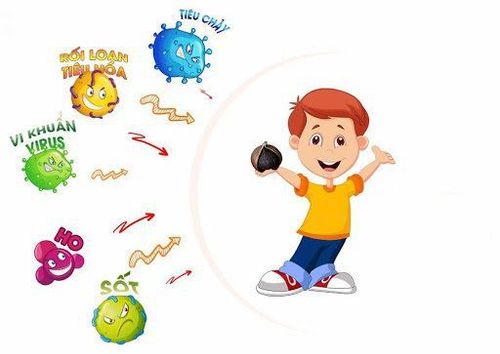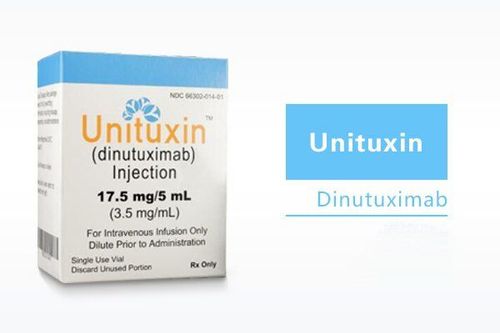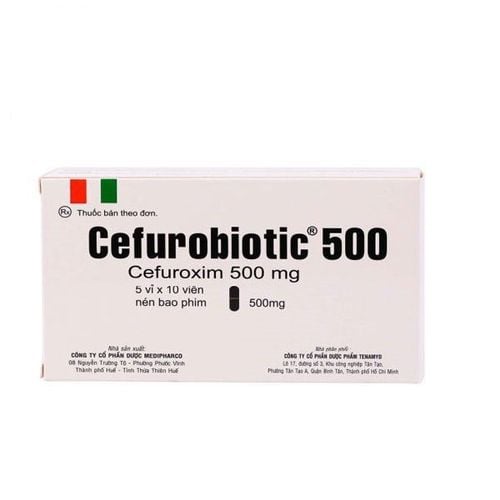This is an automatically translated article.
Many children often get chickenpox, pneumonia, nasopharyngitis, otitis media, etc., as "everyday" makes parents very worried but do not know it is congenital immunodeficiency syndrome. So what is the cause of the disease and what should parents do?Video content is professionally consulted by BSCKI, BSNT Dang Thi Ngoan, Pediatrician - Neonatology, Vinmec Ha Long International Hospital
1. Immune system and immunodeficiency in children
The immune system in the body is made up of lymphatic tissues including the bone marrow, lymphatic system, and other organs such as the spleen, stomach, intestines, pituitary gland, and tonsils. Protein molecules or blood cells are also part of the immune system.Therefore, any factor or impact that damages these organs is at risk of leading to a weakened immune system. And vice versa, when the body's immune system is weakened, any component or part of the immune system can be adversely affected.
Innate immunodeficiency, also known as primary immunodeficiency, is a genetic defect that prevents children from producing enough immune cells or substances to help protect the body against harmful effects. disease-causing agent.
Therefore, children with congenital immunodeficiency often have a much higher risk of disease than normal children, especially infectious diseases. The disease, if detected early, can be treated stably with supportive methods. On the contrary, if the disease is left untreated, it can lead to a high risk of death or serious complications.

2. Causes of weakened immune system in children
The main cause of congenital immunodeficiency in children is genetic. And this is completely different from cases of acquired immunodeficiency or immunodeficiency in the elderly. According to many studies, in cases where the parents have abnormal immunodeficiency in the genome, the child is born with a higher risk of congenital immunodeficiency compared to the case of normal parents. often.Therefore, early diagnosis is the most important factor to help the treatment of congenital immunodeficiency syndrome achieve high efficiency. Parents, please take your child to a specialist facility as soon as they see one of the following signs of immunodeficiency:
Having 4 or more ear infections within 1 year Having 2 or more infections severe sinusitis within 1 year 2 or more episodes of pneumonia within 1 year Antibiotic use for 2 months or more but no effect Child growth retardation, slower weight gain than usual Skin or visceral abscess Recurrent oral thrush or tinea versicolor Requires antibiotic treatment for infections Suffers from 2 or more episodes of deep infection or sepsis Family history of immunocompromised Current treatment for some debilitating diseases There are two most effective methods of innate immunodeficiency: bone marrow transplantation and infusion of immune products. In many countries around the world such as the Netherlands, Hong Kong, France, etc., if a child is diagnosed with the disease before 6 months of age and undergoes a bone marrow transplant, the chance of a cure can reach 95%. Children with mild disease, if they receive regular immunizations, can still study, play and lead a normal life like you.
Congenital immunodeficiency disease has a high risk of death if not detected and treated promptly. Parents, please take your child to see a doctor immediately if the child shows signs of frequent gastrointestinal, skin or respiratory infections ... which cannot be completely treated, the disease recurs continuously into many persistent episodes. . Early detection and timely treatment will help bring back the health and stable development of children.
Please dial HOTLINE for more information or register for an appointment HERE. Download MyVinmec app to make appointments faster and to manage your bookings easily.














